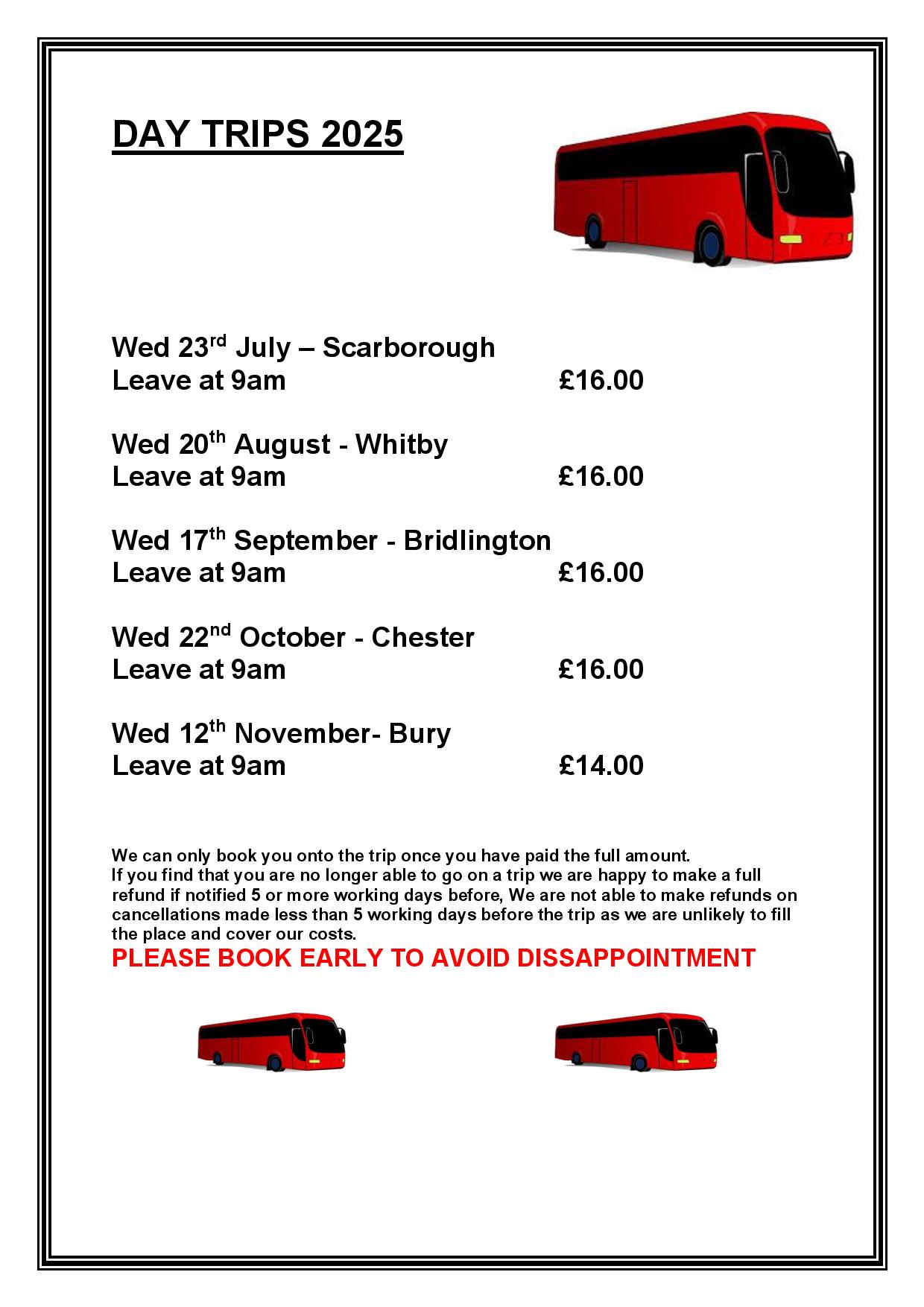primaryictsupportltd
Posts by :


Grounded Gardening: Tips and Tools for Those with Limited Mobility
Gardening is a relaxing and rewarding hobby that can provide mental health benefits by helping people stay connected with nature. However, digging in soil and weeding can be physically demanding and difficult for those with limited mobility.
Fortunately, there are many tools available that are designed specifically for individuals with disabilities or reduced physical ability and, in addition to specialised equipment, there are changes that can be made to make your outdoor space more accessible.
6 ways to make gardens more accessible
Accessibility doesn’t mean you have to sacrifice design. It’s possible to make your garden more functional without sacrificing its beauty.
Taking the strain out of steps
Adding ramps to different levels of your garden, including patios, decks, and stairs, can help gardeners access all areas of the space without having to climb steps. Any ramp installed should have a gentle incline and wide, non-skid treads. This will make it easier to walk up and down the ramp, even for those with mobility issues or using a wheelchair.
Strategically placing handrails and grab rails
Handrails in the garden can help people navigate its various levels, especially if they are unsteady on their feet or using a cane.
We usually think of handrails installed on steps, patios, or ramps, but outdoor grab rails can also be installed on walls, by doors, and anywhere else that someone may need to lean or support themselves.
Dwarf fruit trees are practical and pretty
Dwarf fruit trees are practical, pretty, and easy to care for. They grow to a maximum of six feet tall, which means they’re easier to manage, need less space than regular trees, and can be planted in containers or raised beds. They’re also easier to harvest from because their branches don’t hang as low as those on full-sized trees.
Dwarf trees are available in many varieties of apples, pears, peaches, plums, and cherries. They include:
- Apple: ‘Braeburn’, ‘Red Falstaff’ or ‘James Grieve’
- Pear: ‘Concorde’ and ‘Doyenne de Comice’
- Peach: ‘Avalon Pride’
- Plum: ‘Victoria’ and ‘Black Amber’
- Cherry: ‘Stella’, ‘Sylvia’ and ‘Sunburst’
Raised planters and beds for limited mobility
People who are confined to a wheelchair or have difficulty standing for long periods of time may benefit from raised beds and planters. They reduce the need to stretch or bend over, allowing plants to be reached from a seated position. Wheelchairs can also be wheeled against the bed to take advantage of its support, making gardening more accessible and comfortable.
Low maintenance shrubs
Easily maintained plants, like lavender or rosemary, that only require basic pruning and occasional watering are an ideal option for people who are unable to tend to their garden. They can be placed in raised beds or planters where they won’t require much bending or lifting. Other low-maintenance shrubs include:
- Azaleas and rhododendrons
- Rosemary and thyme
- Holly and boxwood
Clear pathways
Keeping pathways clear aids in accessibility. Paths should be wide enough for wheelchairs and walkers and paved with non-slip material, like concrete, bricks, or stone.
6 adaptive tools for low mobility
Adjustable wheelbarrow seats
An adjustable seat attached to a wheelbarrow makes it easy for someone of any height or size to comfortably transport their tools around the garden without having to bend over or strain themselves.
Specialist tools
Long-handled tools can be a great help to those with limited mobility, as they reduce the need to bend over and reach. Adaptive tools such as long-handled cultivators, garden scissors, and trowels also make the job simpler by allowing a person to keep their feet firmly on the ground whilst tending their plants.
Robot lawn mowers
These are designed for everyone, but people who cannot walk very far are in a wheelchair will benefit especially. Robot lawn mowers are narrow enough to fit between rows of plants without damaging them, and have varying battery life and noise levels.
Weed pullers
Weed pullers are designed to allow the user to work without bending over. They have a spike that goes into the ground and pulls the weed out at the root. Unfortunately, they’re not suitable for those that are unable to stand though because they need to be pressed into the ground with a foot to activate.
Garden carts
Garden carts come in many different sizes and configurations, but they all have a flat surface to carry plants or tools around the garden without strain.
Summary
These are just a few examples of how outdoor spaces can be made accessible. Gardening is a hobby that can provide great enjoyment, but it can be difficult for those with limited mobility. However, even those without gardens can benefit from and experience the joy of watching an indoor plant flourish.




